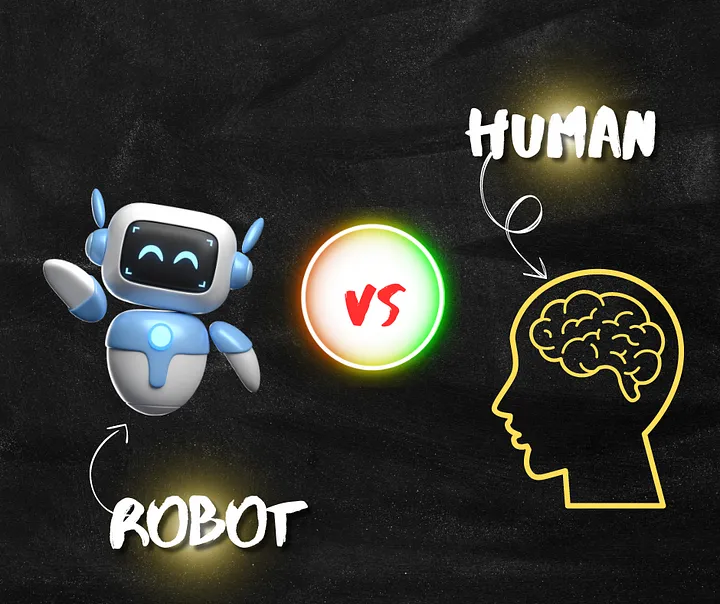Demystifying AI Accounting Software: Friend or Foe to Bookkeepers?
The world of accounting is undergoing a digital revolution, and at the forefront is the rise of Artificial Intelligence (AI). AI accounting software is transforming how businesses manage their finances, promising increased efficiency, accuracy, and deeper financial insights. But what exactly is it, and how will it impact the accounting profession?
What is AI accounting software?
AI accounting software leverages machine learning algorithms to automate repetitive tasks in the accounting cycle. These tasks can include:
- Data entry: AI can automatically categorize transactions, eliminating manual data entry and reducing errors.
- Receipt capture and processing: Take a picture of your receipt and AI can transform it into a digital record.
- Bill payments and reconciliations: AI can streamline bill payments and automatically reconcile accounts, saving countless hours.
- Fraud detection: AI can analyze financial data to identify unusual patterns and potential fraudulent activity.
Friend or foe? The impact of AI on accountants
AI is not here to replace accountants. Instead, it acts as a powerful assistant, freeing up accountants’ time to focus on higher-level tasks such as:
- Strategic financial analysis: With AI handling the mundane, accountants can delve deeper into financial data, providing valuable insights to business owners.
- Tax planning and compliance: AI can ensure accuracy in tax calculations and identify potential tax deductions, but accountants will still be needed for strategic tax planning.
- Client advisory services: With more time available, accountants can focus on building stronger client relationships and providing strategic financial advice.
The future of accounting
AI is poised to revolutionize the accounting industry. By automating tedious tasks, AI will allow accounting firms to operate more efficiently and offer clients a wider range of services. However, the human touch will remain essential. The ability to interpret data, provide strategic advice, and build strong client relationships will continue to be the cornerstone of a successful accounting professional.
Considering AI accounting software for your business?
If you’re a business owner or accountant looking to streamline your financial operations, AI accounting software is definitely worth considering. Here are some key points to remember when choosing an AI accounting solution:
- Identify your needs: What tasks do you spend the most time on? Look for AI software that automates those specific tasks.
- Scalability: Consider the size and complexity of your business. Choose a software that can grow with your needs.
- Security: Ensure the software has robust security features to protect your sensitive financial data.
By embracing AI technology, accountants and business owners can unlock a new level of efficiency and gain valuable financial insights to make better decisions and achieve their financial goals.
AI Accounting Software: A Deeper Dive
Sure, the previous blog post gave a good overview of AI accounting software. Here’s more to delve deeper:
Beyond Automation: The Power of AI Analysis
AI accounting software goes beyond just automating tasks. It utilizes machine learning to analyze vast amounts of financial data in real-time, providing valuable insights that would be difficult or time-consuming to glean manually. Here are some ways AI can analyze data:
- Identifying trends and anomalies: AI can spot patterns in your income, expenses, or cash flow that might indicate areas for improvement or potential problems.
- Predictive forecasting: AI can analyze historical data to predict future financial performance, helping businesses make informed decisions about budgeting and resource allocation.
- Risk assessment: AI can identify potential financial risks, such as late payments or fraud attempts, allowing businesses to take preventative measures.
Benefits for Different Users
- Business owners: Gain real-time financial insights to make data-driven decisions, improve cash flow management, and track progress towards financial goals.
- Accountants: Free up time for higher-value tasks like financial consulting and tax planning. Streamline workflows and improve client service by offering faster turnaround times.
- Managers: Gain better visibility into departmental spending and identify areas for cost savings. Track key performance indicators (KPIs) more efficiently and make data-driven decisions.
Examples of AI Applications in Accounting
Here are some concrete examples of how AI is being used in accounting software:
- Automated bookkeeping: AI can automatically categorize transactions, reconcile bank statements, and generate reports, saving countless hours on manual data entry.
- Smart chatbots: AI-powered chatbots can answer basic accounting questions for clients, freeing up accountants’ time for more complex inquiries.
- Audit automation: AI can assist with audits by analyzing large datasets and identifying potential areas of risk, leading to more efficient and accurate audits.
Considering the Challenges
While AI offers significant benefits, there are also challenges to consider:
- Cost: Implementing AI accounting software can involve upfront costs. However, the long-term cost savings through increased efficiency can outweigh the initial investment.
- Data Security: Since AI software deals with sensitive financial data, robust security measures are crucial.
- Limited Judgment: While AI excels at data analysis, complex financial situations or ethical considerations might still require a human accountant’s judgment.
The Future is a Collaboration
The future of accounting lies in a collaborative approach between AI and human accountants. AI will handle the repetitive tasks and data crunching, while accountants will leverage their expertise to provide strategic insights and navigate complex financial situations. This human-AI partnership will empower businesses to make better financial decisions and achieve sustainable growth.

